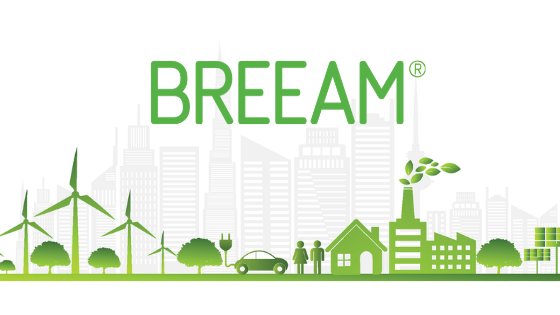Reports by Deloitte and PwC highlight the fact that governments and investors will require Environmental, Social and Governance (ESG) as a value driver for real estate. Investors and lifestyle buyers have an increasing focus on sustainability and this is set to be the future trend
“ESG”, the generally used acronym for “Environmental, Social and Governance”, has become an important business consideration all around the world. For instance, real estate, However, ESG in real estate can be so much more impactful. How can it become an important value driver?
Byron Carlock Jr. – Real Estate Leader, PwC US said
“The impact from the pandemic was less than the real estate industry expected at this point last year. Now the industry should use its good fortune toward both preparations for continued uncertainty and making strides toward ESG improvement.”
Globally it is expected that the regulation around ESG should continue to increase in detail. Investors will probably be impacted by ESG-related legal and regulatory disclosures, for which proper advising from experts may be needed. Also, there is no doubt that the global real estate market is already aware that ESG principles are key for sustainable investments. In fact, sustainable investing could soon become the standard way of investing.
The Negative Property Sector Impact

Despite concerted efforts to reduce impacts going back at least 30 years—starting with creation of the Building Research Establishment Environmental Assessment Method (BREEAM) and followed closely by the founding of the U.S. Green Building Council (USGBC)—the property sector still is the largest contributor to greenhouse gases and global warm- ing. Buildings account for upward of 40 percent of both global energy use and carbon emissions, according to a 2017 report by the United Nations Environment Program. Two-thirds of real estate’s impact comes from building operations, and the other third from building materials and the construction process. Both factors need improvement.
Consumer Driven ESG
Awareness is growing that real estate can have a significant social impact either through the form of rehabilitation of public spaces (indirectly attributing value to existing real estate), affordable housing, social housing, and care centers, or through an environmental focus investment on new buildings such as green buildings.

Nick Marr Founder of Homesgofast.com an international real estate website
“There is an appetite after COVID for overseas property, but as both reports highlight property developers need to show buyers that they will be buying into an environmentally friendly real estate development. We have no doubt that by showing green credentials for lifestyle buyers and investors new property developments become better more attractive propositions”
ESG Risk Factors for Real Estate
PwC report showed that as pressure continues to grow for real estate owners and investors to address environmental, social, and governance (ESG) concerns in their portfolios, the broader investment ecosystem also is looking for ways to quantify how environ- mental risks might affect financial returns. Major credit ratings agencies—including S&P, Moody’s, Fitch Group, and DBRS Morningstar—have begun formally incorporating ESG factors into their credit ratings, both by integrating risk factors into their overall rating and creating separate ESG scores
The term ESG was first coined in 2005 in a landmark study entitled “Who Cares Wins” conference in 2005,[7] a conference that first brought together institutional investors, asset managers, buy-side and sell-side research analysts, global consultants and government bodies and regulators to examine the role of environmental, social and governance (ESG) value drivers in asset management and financial research.
Download the reports

